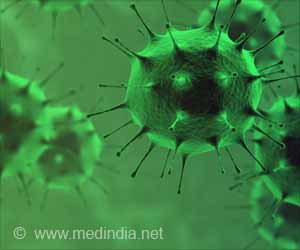“We not only saw a 10% increase in the number of neuronal connections, but also they were on average about 10% larger, so the connections were stronger as well,” said Yale’s Alex Kwan, associate professor of psychiatry and of neuroscience and senior author of the paper.
‘Psychedelic drug psilocybin stimulates the growth of neural connections that are lost in depression.’
Previous laboratory experiments have proven that psilocybin, as well as the anesthetic ketamine, can decrease depression.
The new research discovered that these compounds increase the density of dendritic spines, small protrusions found on nerve cells which aid in the transmission of information between neurons. Chronic stress and depression are known to reduce the number of these neuronal connections.
Using a laser-scanning microscope, the researchers imaged the dendritic spines in high resolution and tracked them for multiple days in living mice. They reported increased number of dendritic spines and in their size within 24 hours of administration of psilocybin and were present even after a month.
The mice subjected to stress also showed behavioral improvements and increased neurotransmitter activity after being given psilocybin. The findings of the study are published in the journal Neuron.
This psychedelic drug is a staple of religious ceremonies among indigenous populations of the New World and also a popular recreational drug.
The novel psychological effects of psilocybin that spurs the growth of neuronal connections produced enduring changes from just one dose. These new connections may be the structural changes the brain uses to store new experiences.
Source: Medindia



